WHAT kind of world would you imagine for yourself, if there were no fears or boundaries?
TEDxYouth@KL’s line-up of presenters all did their bit to inspire the type of wonder that would answer that question.
The by-youth, for-youth event was held on Nov 22, at the Temple of Fine Arts, in Brickfields, Kuala Lumpur.
It was a great chance for the packed crowd of youths to listen to rarely-heard stories from people who have achieved so much, and to gain inspiration and knowledge from them. And again, with 11 speakers offering insight on topics running the gamut, from MMA fighting to scientific inventions, the worlds we managed to take a peek into were hugely different and endlessly fascinating.
In fact, we at R.AGE, learnt a lot from the speakers, too! Here are 11 things we took home from each speaker:
1. Feeling uncomfortable is good for productivity
Beatboxer Cody “Coex” Foo’s talk revolved around the importance of getting out of the proverbial comfort zone. “If you get too comfortable, you won’t ever take the step to experience new things,” he said. Music and art were avenues he encouraged the youth to explore and enjoy. “Btk tk tk tk btk btk, “ he concluded. (That was a written version of his beatboxing, by the way).
2. You don’t need drugs to enjoy good music
Rock star-activist Khai Aziz was keen to educate young people about the possibility of enjoying punk-rock music without the negative influence of drugs and alcohol. The founder of Drug Free Youth Association Malaysia, he is a proponent of the straight-edge subculture, which eschews drugs, alcohol, tobacco, and sometimes, even meat. “Straight-edgers do their best to stay healthy and also do good in their communities,” he said. “After going straight-edge you realise that you don’t actually need drugs to be happy. All you need is a positive mental attitude.”
3. Let your inner child out to freely play
Filmmaker Eduardo Pena believes that logic kills imagination. “Being an adult, with bills to pay, makes people lose touch with their inner child. But the inner child, with its innocence and sense of wonder, is what sparks imagination,” he said. “Don’t lose sight of the child.”
4. Don’t let stereotyping get you down
MMA fighter Ann Osman knows a lot about stereotyping. As a female fighter from Sabah, she has faced her fair share of naysayers. “Women can’t fight”, “MMA fighters just fight like dogs”, and “How can proper fighters train in Sabah?” make up the regular comments by detractors. But her message to young people is that they don’t have to live their lives according to what people say. “Keep fighting for your passion and what you believe in,” she said. “Stereotypes are just words and they may not even reflect reality.”
5. Thrive in times of uncertainty
When singer and YouTube sensation Elizabeth Tan finished college, she was so unsure about her path in life that she cried every night. But that uncertainty led to her recording a cover of Joe Flizzow’s track Havoc and this inevitably resulted in the stardom she has achieved today! “Don’t be afraid of uncertainty, let it drive you,” she said. “90% of life is out of your control, but what you can control is your reaction to life.”
6. You don’t need a degree to be a success
Sometimes, just following your passion can lead to awesome things. Rhonwyn Hagedorn had no idea what she wanted to do after her SPM, so she took a gap year to figure it out. And another one. And another one. But instead of just bumming around, the plucky girl decided to work at social enterprise e-Homemakers, where she discovered her passion for social causes, leading her to found Project WHEE!, which enlists young people to teach English to the Kelabit women in Bario, Sarawak. In the process, she managed to smash stereotypes like “Bario women can’t learn English”, and “City kids can’t survive in the villages”. She still has yet to start her degree, but does that even matter?
7. Pay attention to the small details
Cynthia Lam was washing her hair when she noticed the trail of bubbles going down the drain. This got her thinking about water pollution, and then about the scarcity of clean water in many parts of the world. The 17-year-old then researched photocatalytic technology, resulting in the invention of H2PRO, a portable photocatalytic electricity generation and water purification device that uses sunlight to produce both clean energy and fresh water at the same time. “It was a random spark of ridiculous imagination that sparked my journey,” she said. “Sometimes, we focus too much on the big picture that we miss the small details. Attention to detail in life can ignite success, so start paying attention to everything in your life. Use those tiny things and turn them into inspiration.”
8. Great discoveries take a lot of research
Dr Neil Mennie, a neuroscientist and cognition expert from the University of Nottingham, has spent two years getting Tsunami, an orangutan in Zoo Negara, accustomed to an eye-tracking device in order to research if orangutans are able to make predictive eye movements. His research is both laborious and tedious, but Mennie is convinced that it is all worth it. Another thing we learnt was that “We have a very specific representation of the world based on what we want, so we’re all living in our own imagination.” #MindBlown
9. Success isn’t a huge bank balance
When Tommy Lee returned from France, where he was learning to make bread (the French are famous for their delicious bread), he decided to start his own bakery. But starting a bakery solely devoted to bread – and artisan bread at that – is risky in Malaysia. “Everybody thought I was mad,” he said. “The Excel spreadsheet’s numbers looked bad. But I asked myself ‘Tommy, do you want to do this?’ and the answer was ‘Yes’. So I threw the sheet away!” Through sheer perseverance, he opened his bakery in Jalan Ipoh, Tommy Le Baker. But he doesn’t evaluate his success according to the figures in his bank account. To Lee, success is “having the courage to tender your resignation and follow your dreams. Choice is power. Once you start to move, it is impossible to fail because having the courage is already being successful.”
10. Be adaptable to change
While it’s great to have a plan, life sometimes throws you curve balls, which is why it’s probably a good idea to roll with the punches as well.
What Azran Osman-Rani excels in is NOT making long-term plans. “We can’t predict life,” the CEO of AirAsia X said. “Government rules, technology, and consumer preferences change, so I’ve found that I’ve benefited from not having a long-term plan but instead, giving 100% to the issues at hand.” He was, however, quick to emphasise that there is a difference between being adaptable and hopping from interest to interest just for the sake of change. “Take on new roles to inspire your creativity and passion,” he said. “Balance between being adaptable and giving it your all so you can cement your reputation for excellence.”
11. Think outside the box
When you think of cellos, what do you think of? Most people think of classical music, orchestras, and suited-up folks in an environment where you dare not sneeze for fear of stares and glares. But Paladin, a cello rock (yes, rock!) band, set out to change that perception. We were blown away by the amazing rock sounds that emerged from the five-man band, with nary a suit in sight. Through them we learnt our last lesson of the day: Musical instruments and music itself transcends both genres and musical stereotypes. Why can’t one rock out with their cello out? Break out of the boxes imposed hundreds of year ago, said Paladin through its brand of rock music. Cross borders and make the music you want to make.

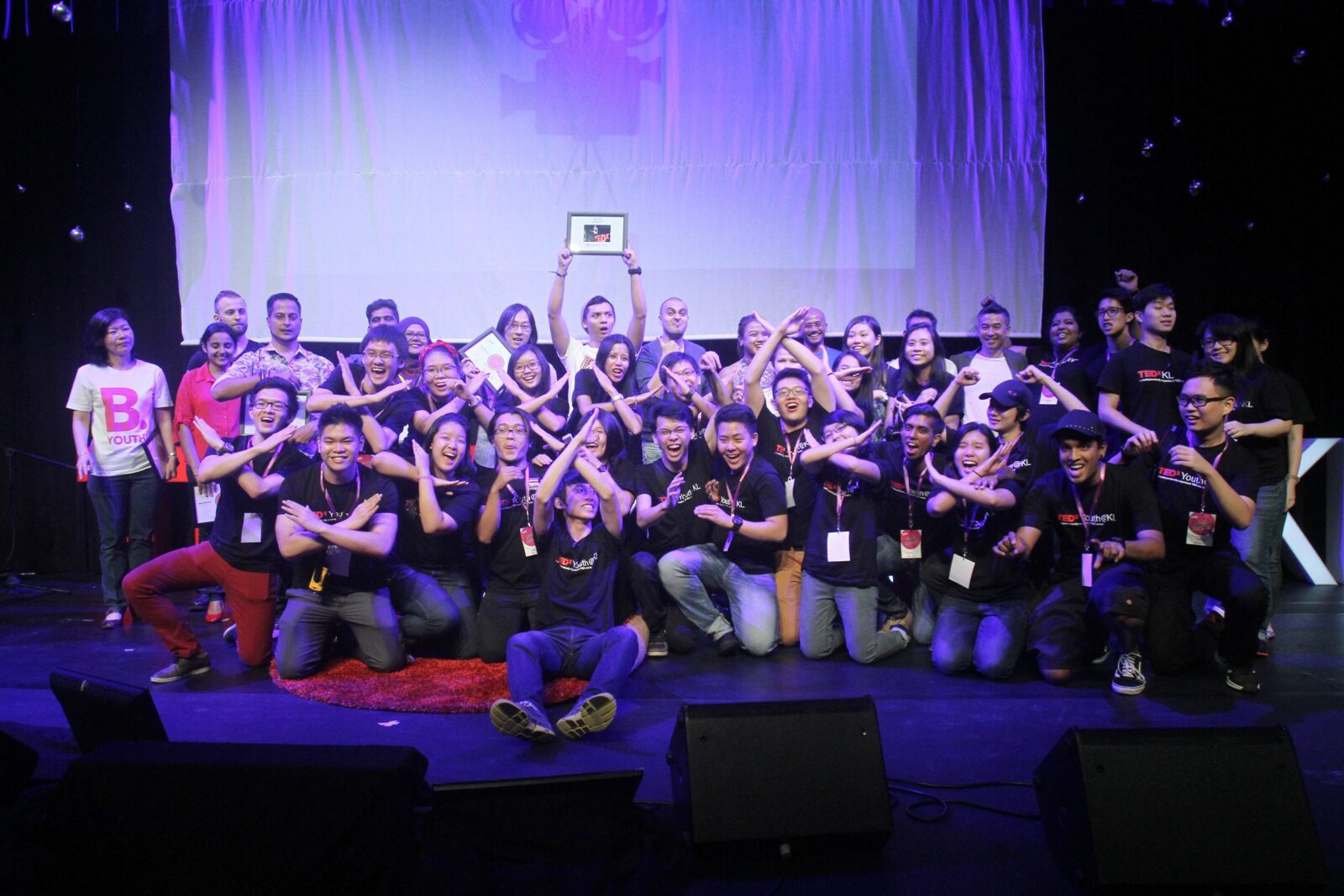

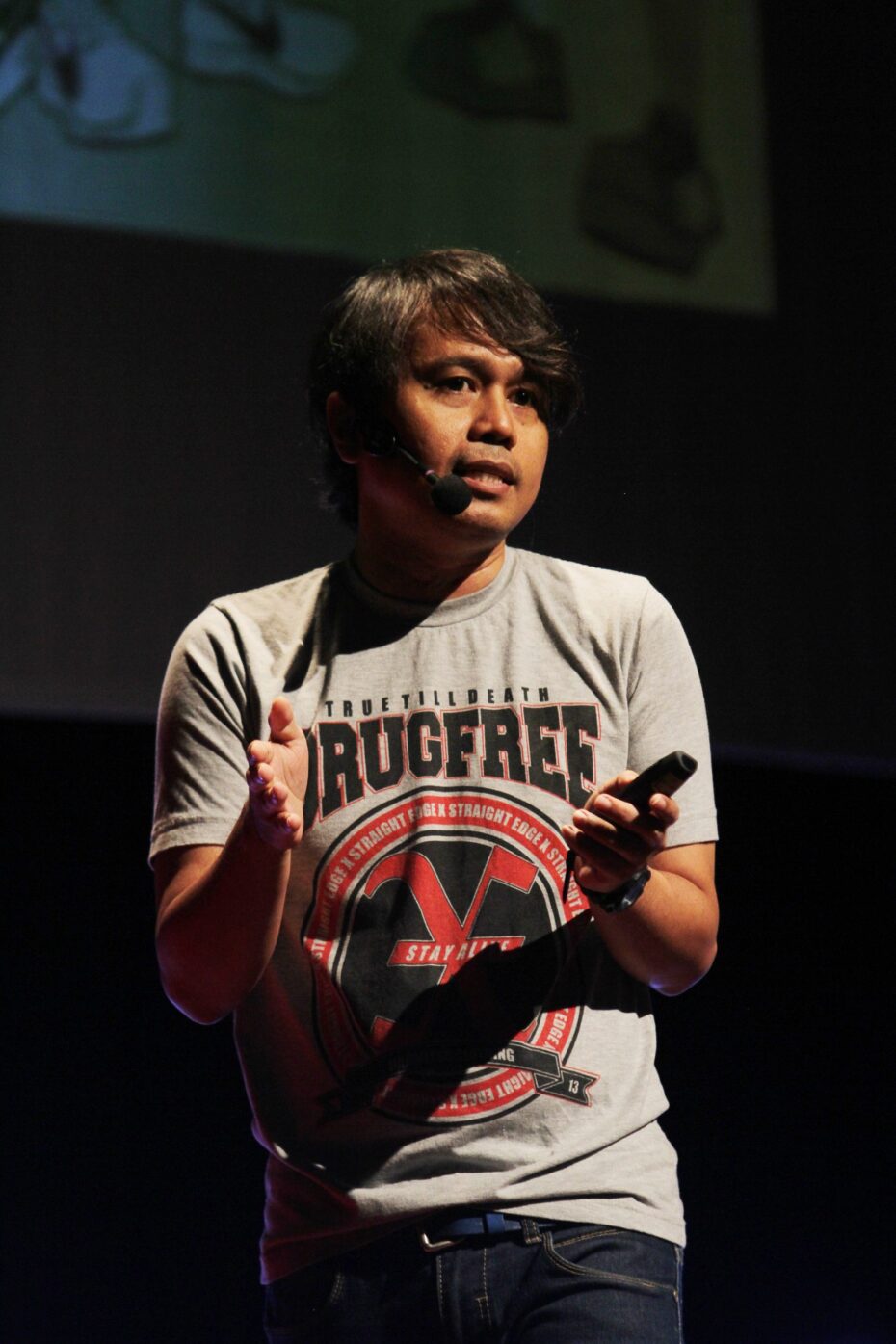
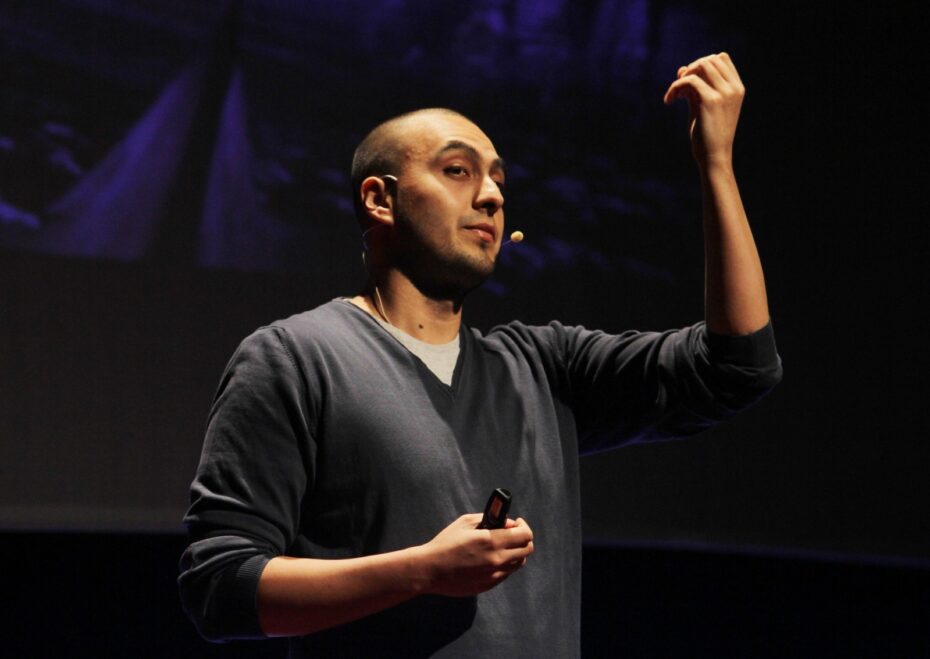
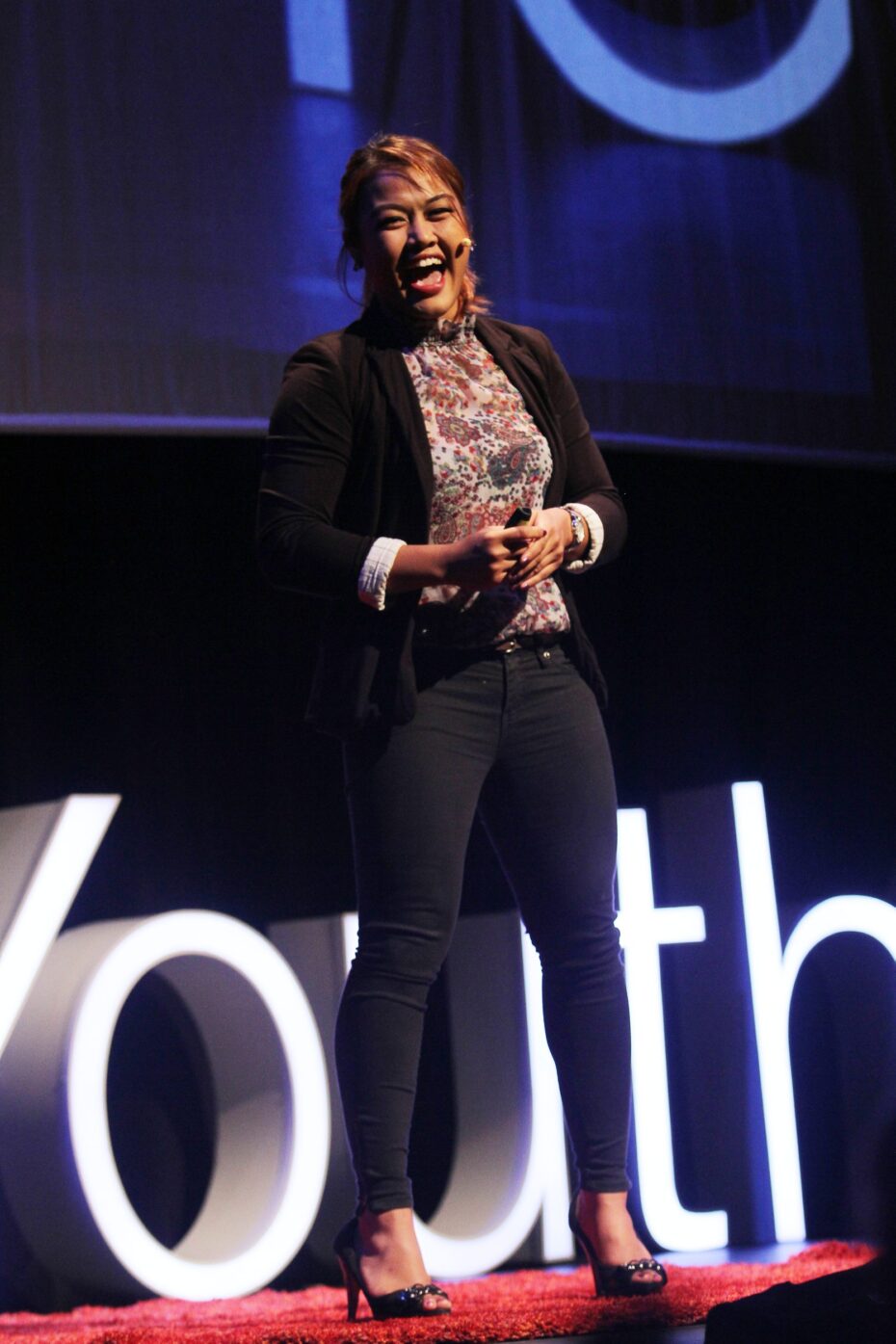
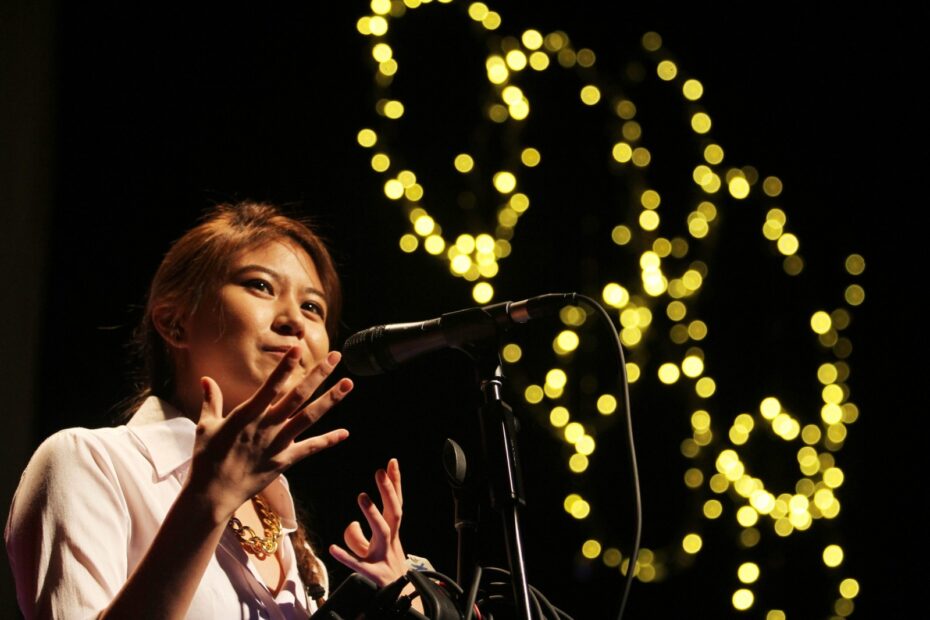
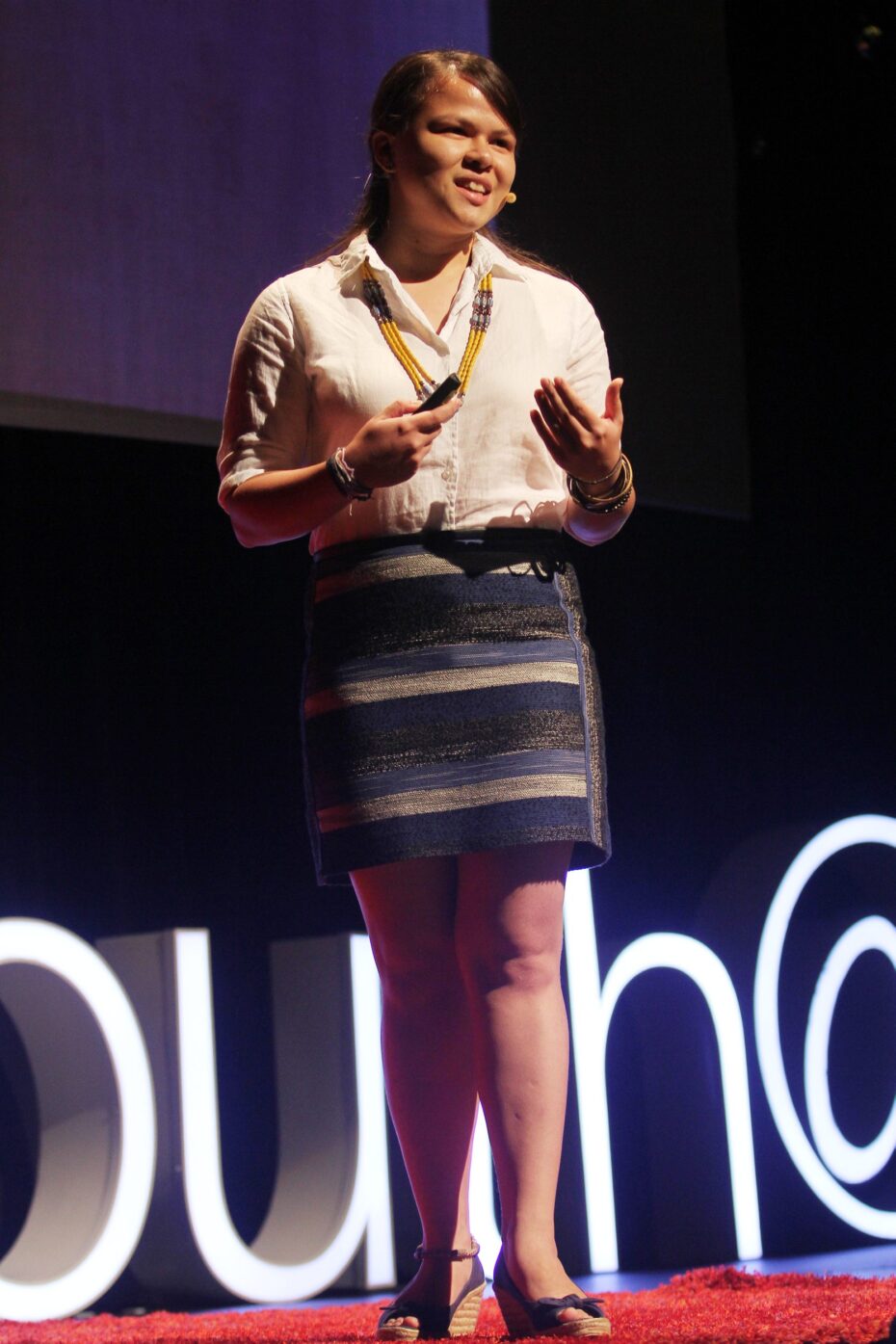
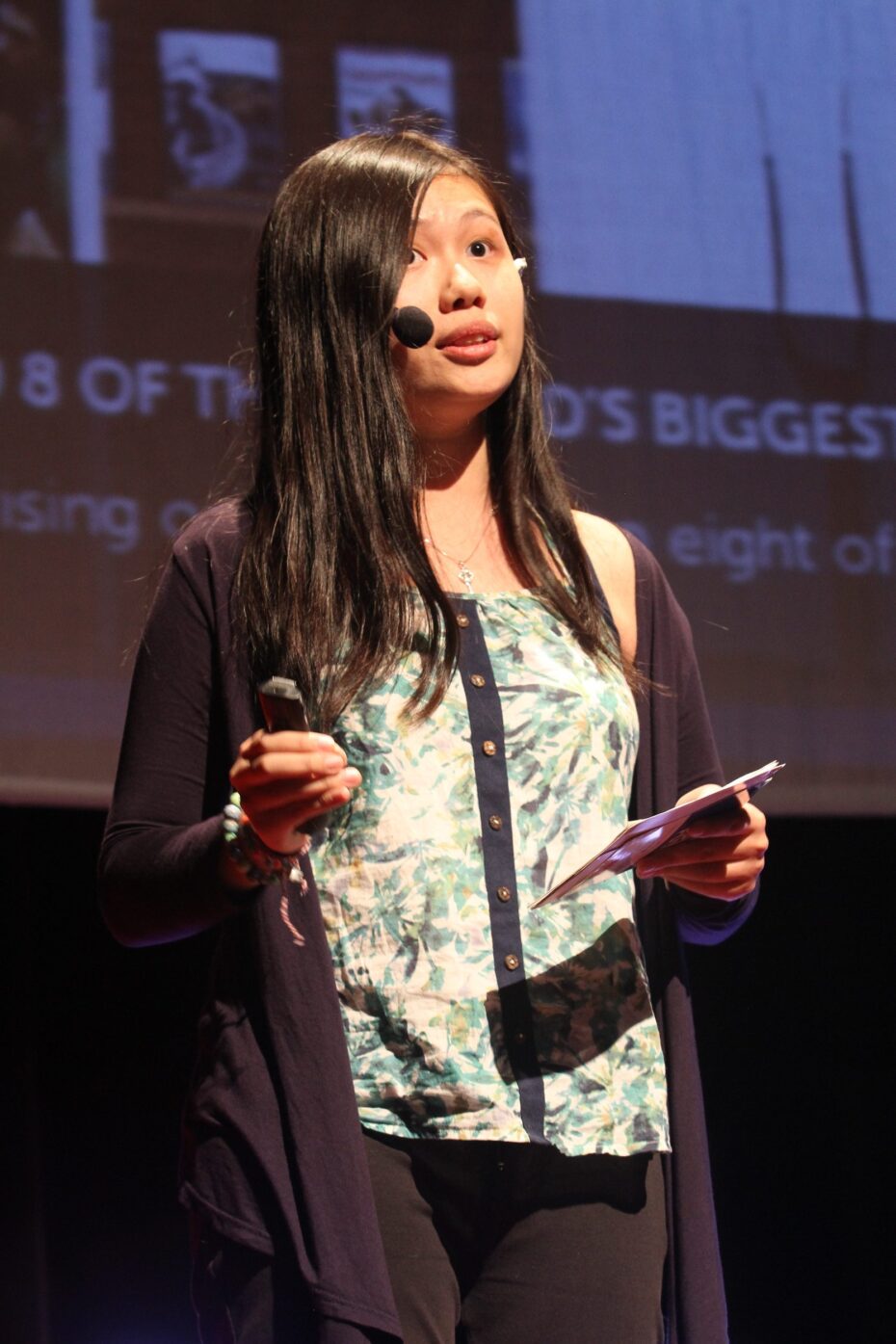
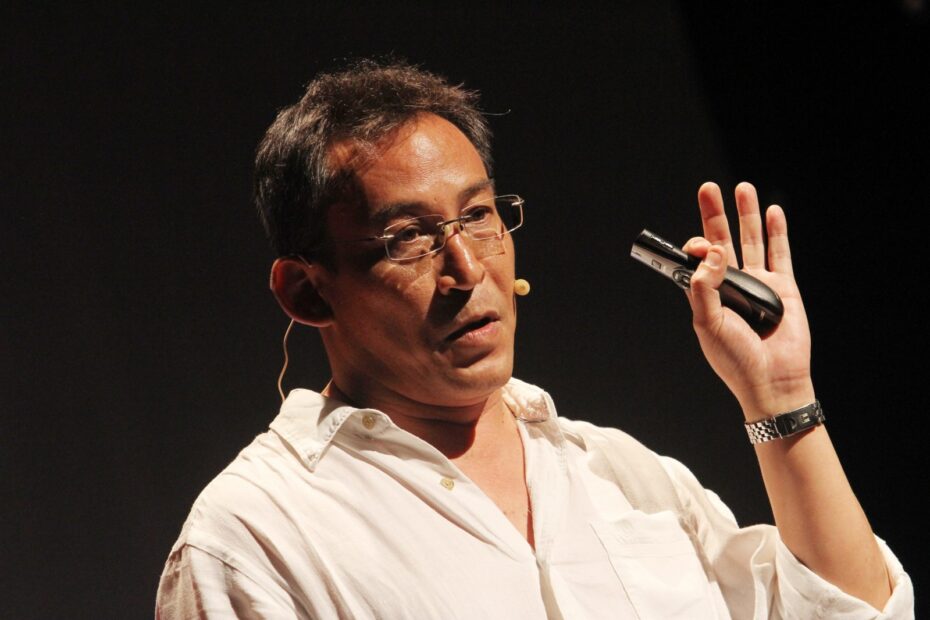
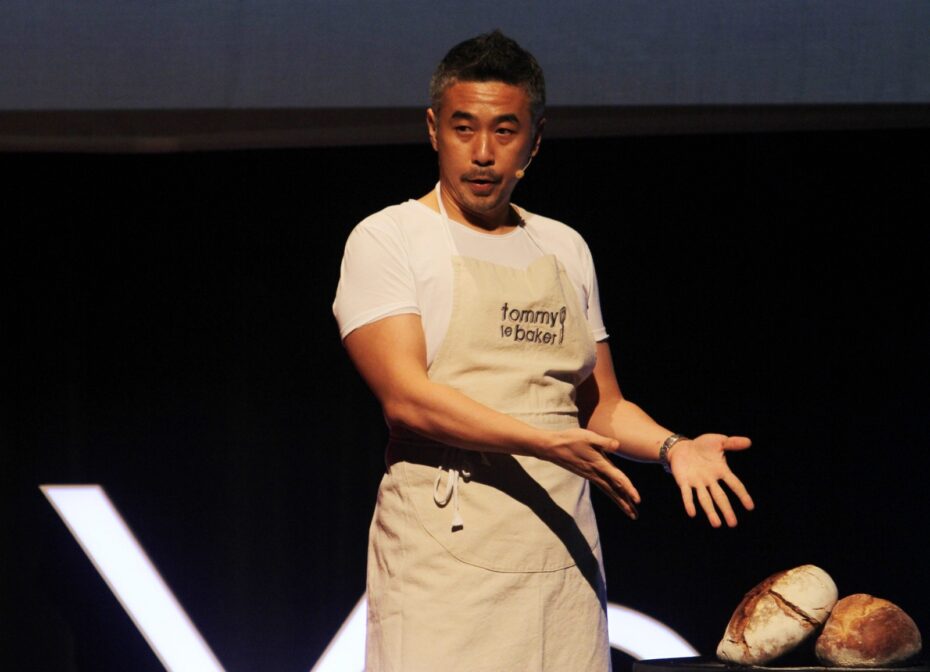
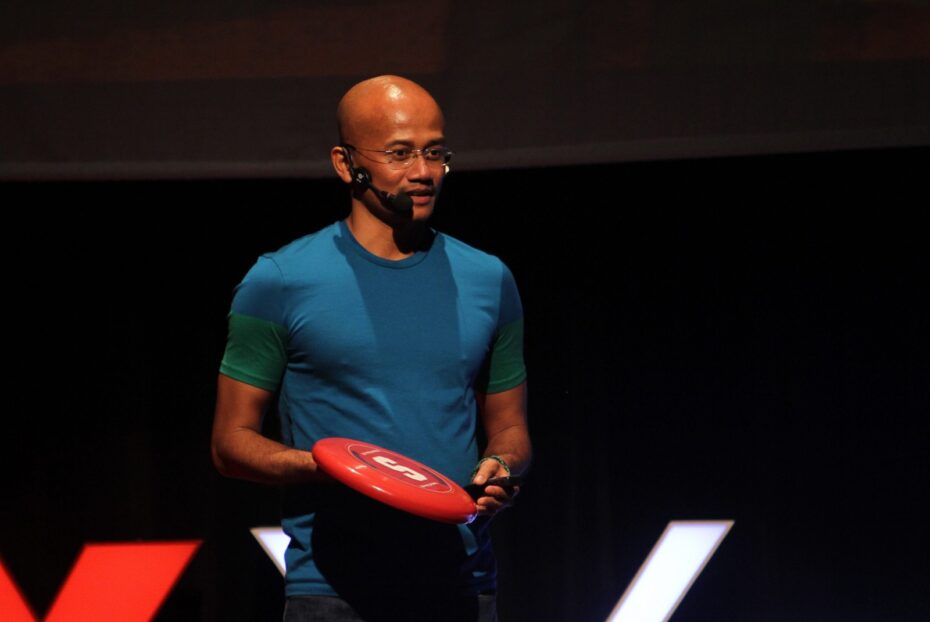



Leave a reply